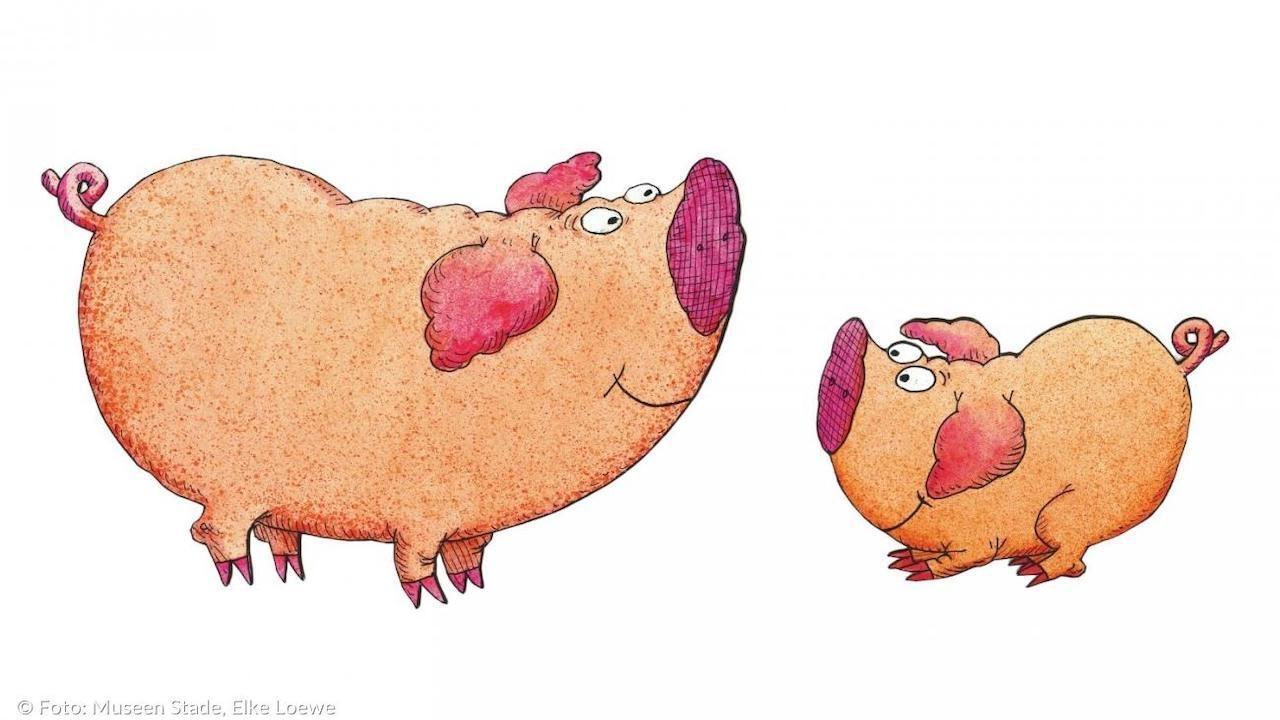

Das Erste
Featured Show:
Piggeldy & Frederick
The wiser pig Frederick inspires his younger brother Piggeldy to discover and learn about the world as they walk through the field.
Das Erste TV Shows
1188 shows • Page 50 of 60
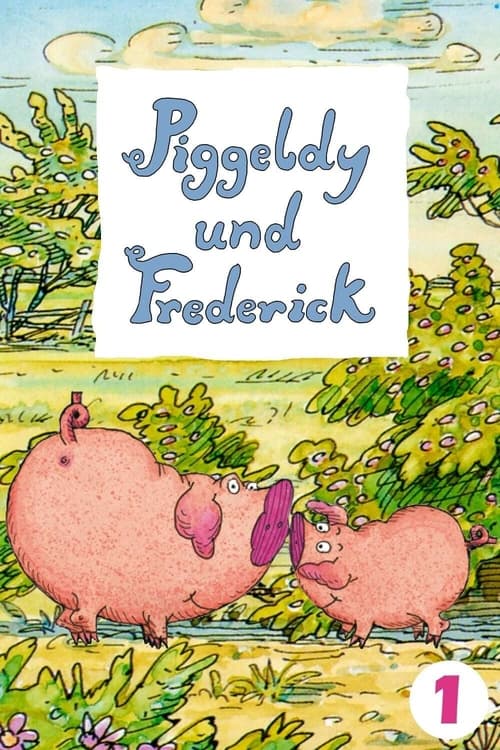
Piggeldy & Frederick
The wiser pig Frederick inspires his younger brother Piggeldy to discover and learn about the world as they walk through the field.
 0
0Musikladen
Der Musikladen was a West German music television programme that ran from December 13, 1972 to November 29, 1984. The show continued the 1960s Beat-Club under a new name, and in turn was replaced by Extratour.

Alexander Zwo
Alexander Zwo is a German-French-Austrian-Italian TV mini-series directed by Franz Peter Wirth.
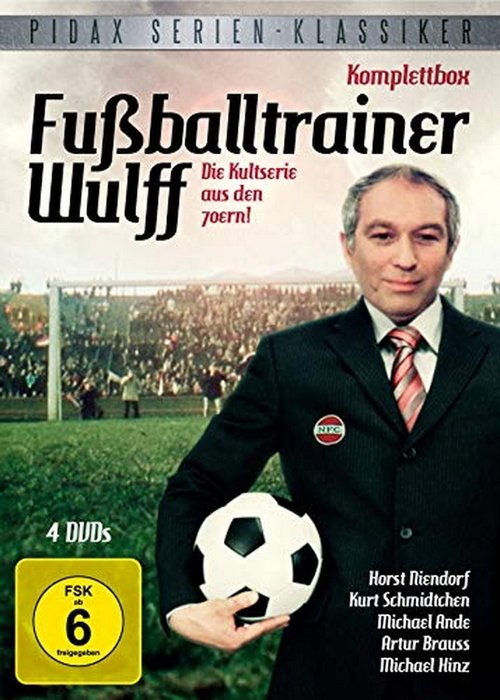
Fußballtrainer Wulff
Fußballtrainer Wulff was a German television series.
 0
0Natur und Technik
 0
0Algebra um acht
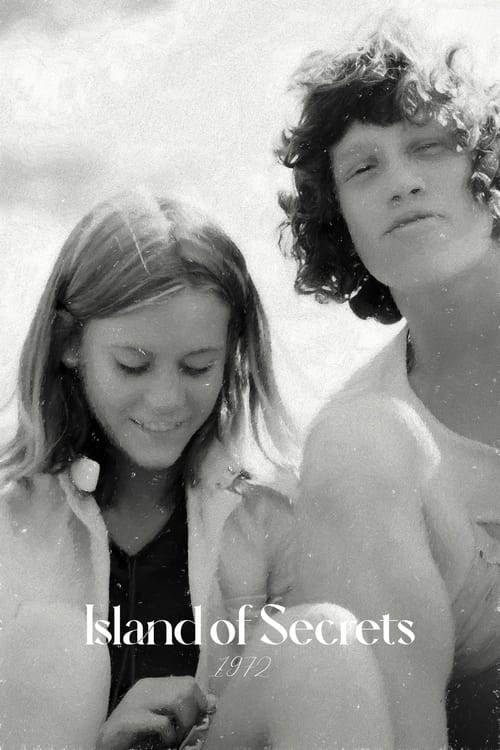
Island of Secrets
Two groups of teens get shipwrecked on a deserted island in the Stockholm archipelago and try to create a new society in order to survive.
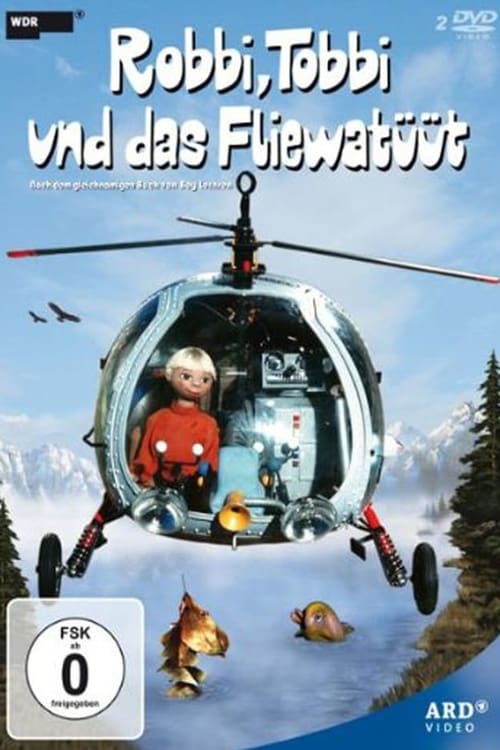
Robbi, Tobbi und das Fliewatüüt
Robbi, Tobbi und das Fliewatüüt is a German television series for children. It showed the adventures of a pupil called Tobias Findteisen who accompanied the robot ROB 344–66/IIIa to help with the latter's exam at robot school. The team travels in an all-in-one vehicle, designed by Tobbi and built by Robbi, to find answers to the exam's riddles all over the world.
 0
0Kleine Fische – große Fische
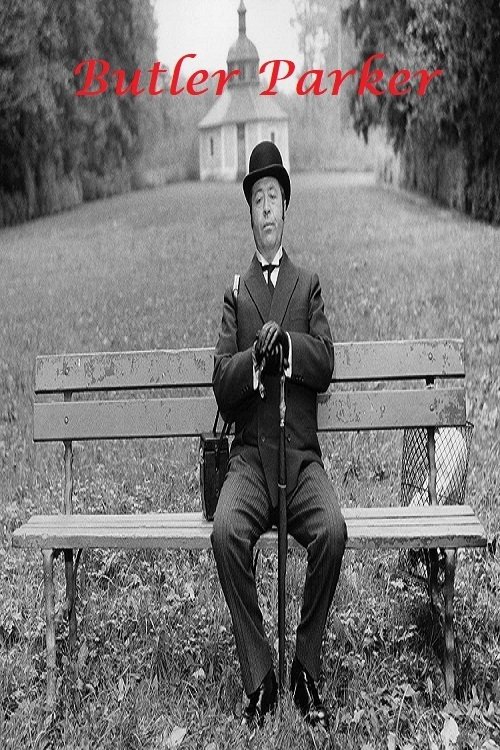 0
0Butler Parker
 0
0Don-Lurio-Show
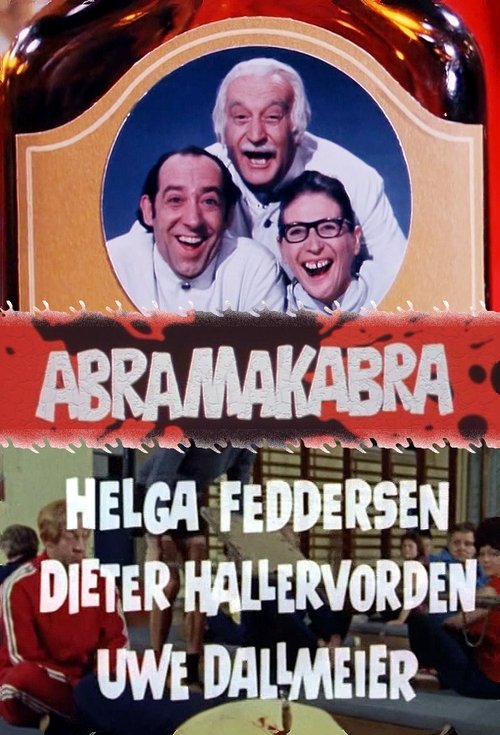 0
0Abramakabra
Abramakabra was a German comedy television series broadcast between 1972 and 1976. Many of the sketches were examples of black comedy.

Plumpaquatsch
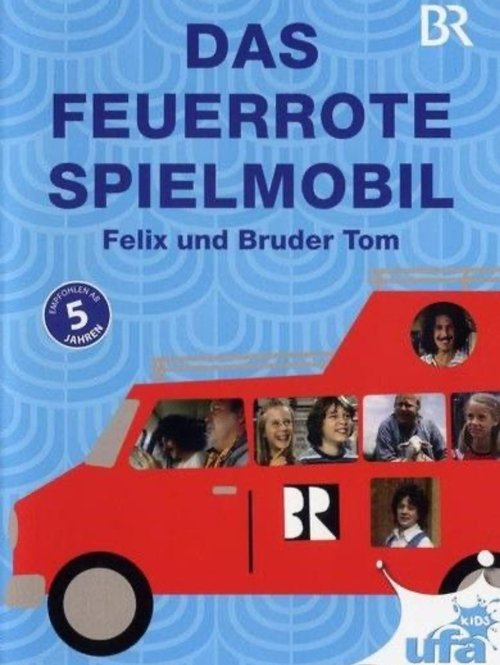 0
0Das feuerrote Spielmobil
Das feuerrote Spielmobil is a German television series.
 0
0Szene
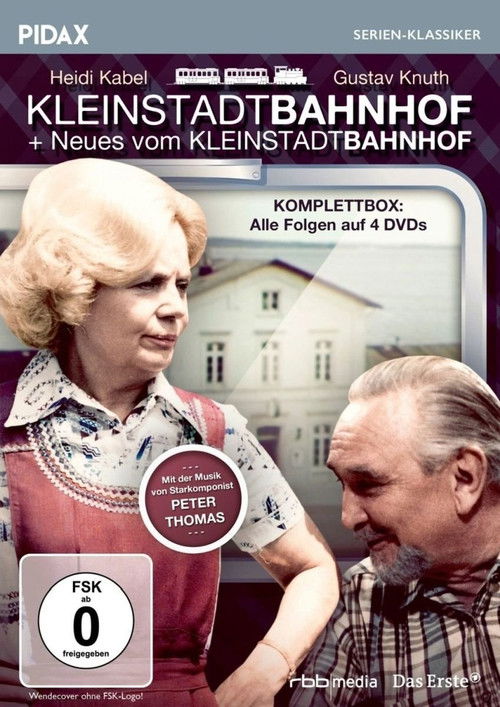
Kleinstadtbahnhof
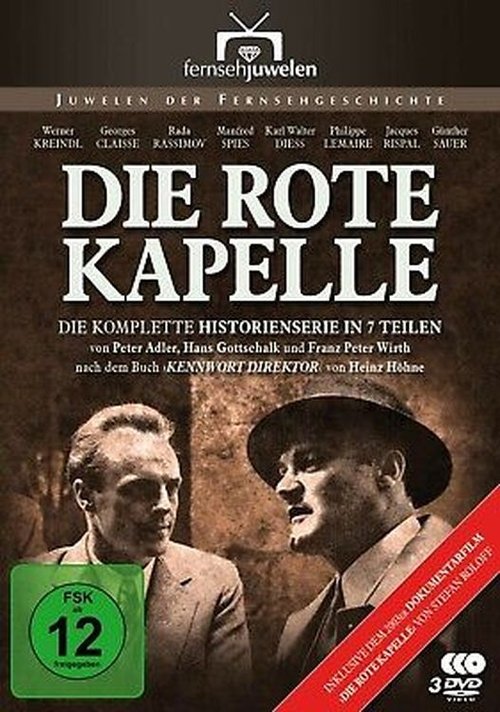 0
0The Red Chapel
Shortly before the outbreak of World War II: Leopold Trepper, a colonel in the Red Army, travels to Belgium under a false name and sets up a spy ring there. Together with his employees Viktor Sukulow-Gurewitsch, Johann Wenzel, Hillel Katz and Michail Makarow, he succeeds in establishing a spy network throughout Belgium and France in a very short time. With the help of his cover companies - a chain of raincoat shops and later the import-export company Simexco ”- Trepper can collect information from the economy and the Wehrmacht, about Atlantic Wall construction sites and railway lines, and send it to Moscow. The agents also get help from patriots who want to free their countries from the occupation by the Germans.
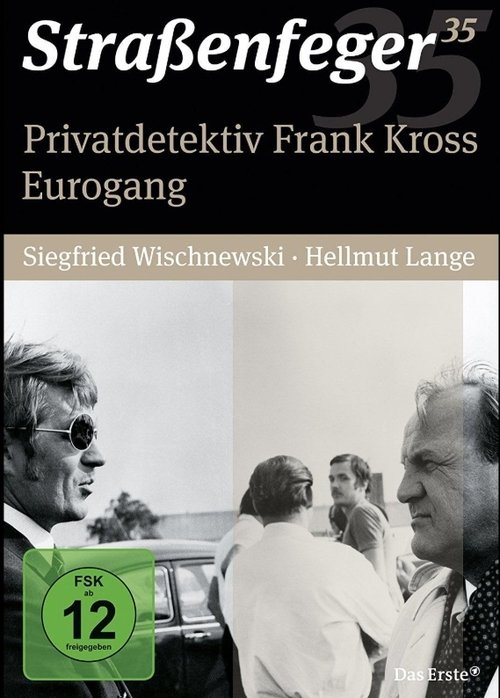 0
0Privatdetektiv Frank Kross
 0
0Die Ivan-Rebroff-Show
 0
0